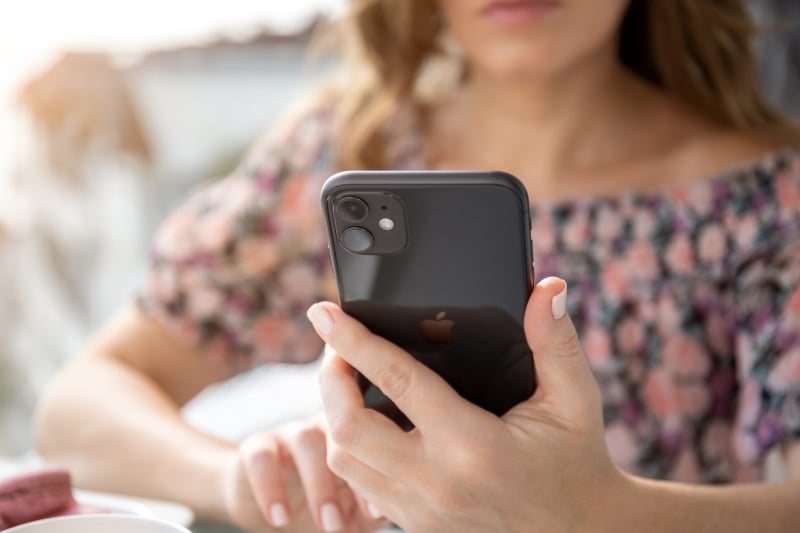Security News

The library "Boasts a suite of tools for machine learning and data analytics tasks, all with built-in privacy guarantees," according to Naoise Holohan, a research staff member on IBM Research Europe's privacy and security team. Differential privacy allows data collectors to use mathematical noise to anonymize information, and IBM's library is special because it's machine learning functionality enables organizations to publish and share their data with rigorous guarantees on user privacy.

California voters will weigh in this November on whether to expand a landmark data privacy law, alter a decades-old law that limits property taxes on businesses and exempt ride-hail giants Uber and Lyft from a new state labor law. Ballot measures are often among the most expensive and high-profile issues before California voters each election year and tens of millions of dollars are likely to be spent on each of the major initiatives.

A new privacy feature in Apple iOS 14 sheds light on TikTok's practice of reading iPhone users' cut-and-paste data, even though the company said in March it would stop. Apple added a new banner alert to iOS 14 that lets users know if a mobile app is pasting from the clipboard and thus able to read to a user's cut-and-paste data.

Cape Privacy, a privacy platform for collaborative data science and machine learning, announces the launch of its open source platform as it secures $5 million in seed funding. Cape Privacy helps enterprise companies maximize the value of their data by providing an easy-to-use collaboration layer on top of advanced privacy and security technology.

Google is tweaking its privacy settings to keep less data on new users by default. The change comes after Google added new controls last year that allow users to effectively put an expiry date on their data, by providing the option to auto-delete location history, search, voice and YouTube activity data after three or 18 months.

Harriet Harman MP, chair of Britain's Commons Human Rights Committee, has written to UK health secretary Matt Hancock seeking clarity on privacy aspects of the government's latest coronavirus contact-tracing app. "It is still crucial that people in the UK should be able to feel reassured that their data protection, privacy, and non-discrimination rights are protected in any contact tracing system," she wrote.

HITRUST CSF version 9.4 now incorporates and harmonizes the largest number of authoritative sources of any security and privacy framework, most recently adding the CMMC framework and two community-specific standards, as well as updating existing sources for continued relevancy. As security and privacy requirements change in response to new and updated global laws and regulations, or breaches and other cyber events, HITRUST is committed to maintaining and expanding the relevancy and applicability of the HITRUST CSF to meet the continually evolving regulatory and risk-management landscape and associated control requirements.

Apple kicked off its 2020 Worldwide Developers Conference on Monday - a virtual event due to the current coronavirus pandemic - and announced several new privacy features coming to its products. The new iOS 14 will allow iPhone users to only share an approximate location with the apps they are using rather than giving them access to precise location data.

During WWDC 2020 on Monday, the world's most valuable company announced the next versions of its operating systems - iOS 14 for iPhones, iPadOS 14 for iPads, watchOS 7 for Apple Watches, and macOS Big Sur for MacBooks - with new features and enhancements. What's important is that the company also highlighted a few new security and privacy features that have been added to the upcoming iOS 14 and macOS Big Sur systems, categorically aiming to help users:better control which apps installed on their devices can access their data,.

The Cloud Security Alliance has released a report examining privacy and security of patient data in the cloud. These technology solutions allow for the delivery of patient treatment, comply with COVID-19 mitigation best practices, and reduce the risk of exposure for healthcare providers.